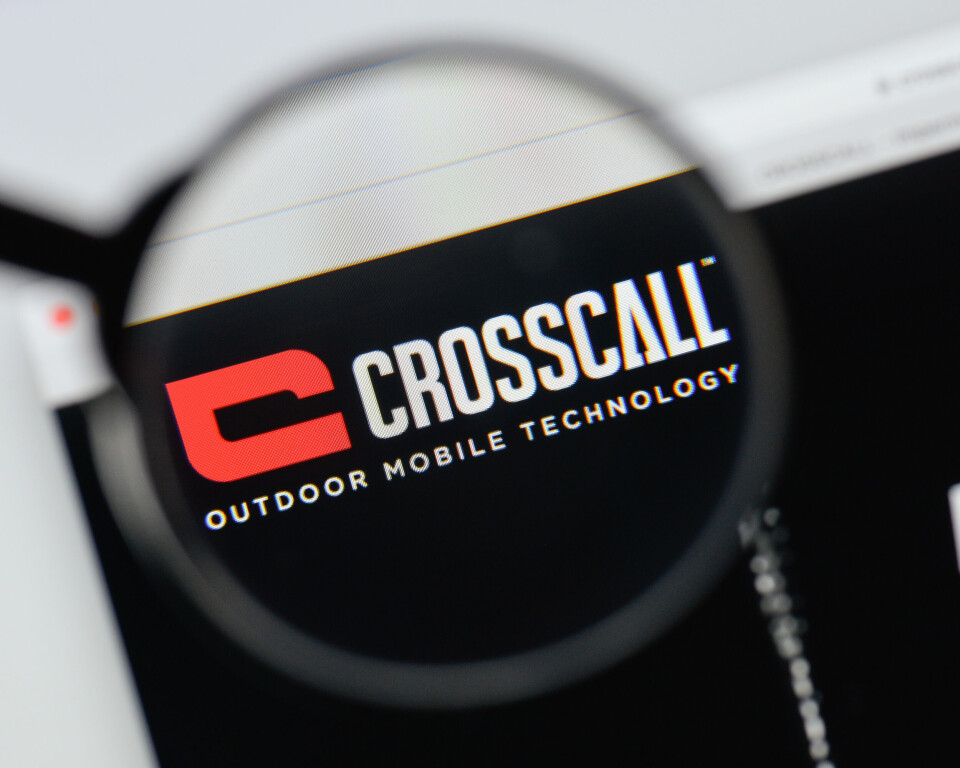-
Storm Nuria to hit France: Gales of up to 140 km/h forecast
The south and much of the south-west will be impacted
-
100 more supermarkets in south of France are to rebrand to Carrefour
Stores impacted are small convenience shops in the centre of cities or smaller supermarkets in rural towns or villages
-
Why facts of British couple’s deaths in south of France are slow to emerge
The investigation highlights stark differences in procedures between France, UK and US
Floating phone inventor relocates handset factory from China to France
Wage rises and Covid disruption in China prompted Crosscall’s French founder to build a smartphone factory in Aix-en-Provence

A builder whose ‘floating phone’ invention has evolved into a multimillion-euro business is bringing production of his handsets to France next year.
A factory is being set up near Aix-en-Provence in Bouches-du-Rhône to produce up to 80,000 of the ultra-resistant smartphones a month, starting from late next year.
Before then, the company, called Crosscall, will bring testing laboratories to France from China, and will start producing accessories, such as tripods and chargers, for its range of phones.
Sailing hobby led to invention
Crosscall was launched in 2009 by Frenchman Cyril Vidal, who, through his work as a builder and his hobby of sailing, was aware of the need for robust handsets which could withstand being dropped or getting wet. He set out to design one.
His first product, called the Shark, was billed as the first floating phone, having a waterproof shell with two air pockets.
It was so successful that other phones followed and the firm has now sold 2.5 million handsets and has annual sales figures of €80.5million and 20,000 retailers, mainly in Europe. After Mr Vidal met President Macron at a firefighters’ salon, the company bid for and won a contract to provide 200,000 telephones and 20,000 tablet computers to the gendarmerie.
No longer cost effective to produce in Asia
The phones, which use Google’s Android operating system, are designed and sold from France, but until now they were made in Asia.
Patrice Panzani, the firm’s technical director, said: “The global situation means that many companies like us, who are dependent on Asian partners, are starting to think about producing closer to home.
“Among other reasons is the fact that wages in China have increased threefold in the last 20 years and are now comparable with Portugal or Spain, and are actually higher than places like Argentina and Brazil.
“The wage advantage of China is simply not what it was.”
Problems visiting their Chinese partners during the Covid pandemic, plus rising transport and electricity costs in China, have also reduced its attractiveness.
“We have the possibility of using more robots and automated production facilities, which will bring costs down further,” said Mr Panzani.
The firm employs around 160 people and bringing in production could add another 20 staff.
French government grants are attractive
The French government has given Crosscall €800,000 for the first part of the project, which has seen a new testing and conception laboratory built.
Building and equipping the next stage of the factory will probably cost between €10million and €15million, of which state and regional aid might cover between 20% and 30%.
“It is nice to have, but it is not the determining factor in our decision,” said Mr Panzani. Most of the components for the smartphone will still be sent from Asia, but the company is trying to source local suppliers.
“STMicroelectronics, the chipmaker, might be able to supply some components, although their main chips are not designed for phones,” said Mr Panzani.
“But the resistant plastic for the shells of the phones looks as though it will be supplied from France and we are hoping that a mutually beneficial business cycle will develop around our factory and other parts will also be supplied.
“The European Union as a whole has recognised that we cannot continue to be dependent on Asia for our production.”
He predicts that other French electronics makers will return to the country in future.
Related articles
What dual-SIM phones work best in France?
Telecom firms tighten rules on UK mobiles and EU roaming
My French insurance was better than Apple when tea spill hit laptop
























